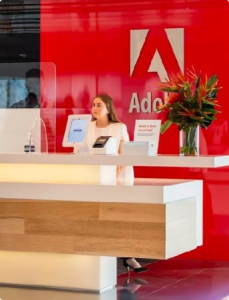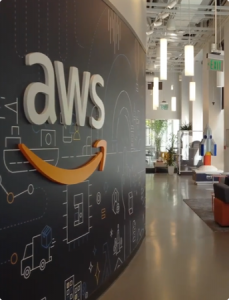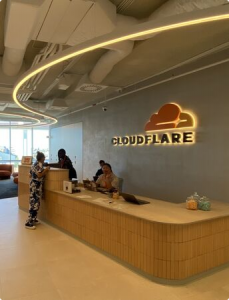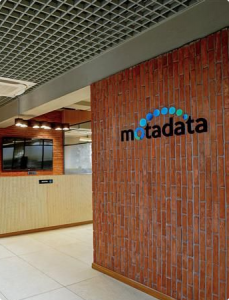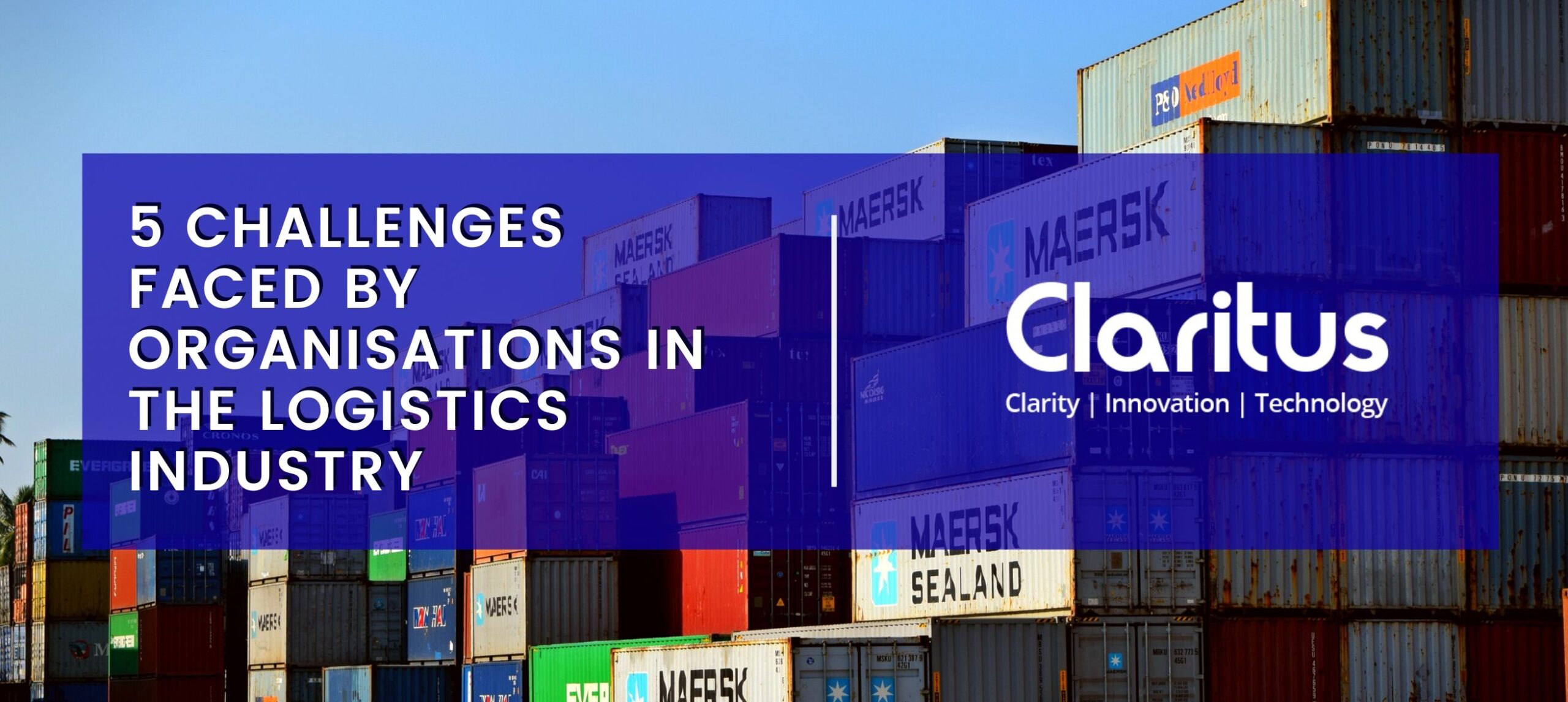5 Challenges Faced by Organizations in the Logistics Industry
Logistics industry face challenges such as supply chain disruptions, rising costs, and digital complexity. Addressing these issues requires technology-driven solutions. Understanding logistics challenges helps businesses build resilient operations.
What a sophisticated/custom Transport Management System offers its users
If you’re having a hard time choosing between paying for an existing solution and developing one custom mobile app, we’ll try to help you make that decision.
First, start creating a list of all your requirements as per priority of usage. This will help you narrow down and further help you in decision making.
We also suggest you consider working with a seasoned/experienced partner to help you implement your TMS. Getting help or outsourcing your mobile app development will not only save you hours of time, but also ensure that you do not miss any essential details that might lead to weaknesses/failure in the system.
The most common five challenges faced by any logistics business:
Price calculations: Calculating miscellaneous costs like fuel, driver’s fee, vehicle costs and many others could be a mess if not handled properly. Not only that, also considering variable costing, add-on services and other dynamic costing of vehicle maintenance. Your mobility solution should be able to account for all these things accurately.
One of our clients, a reputed Trucking Firm in California, Claritus Consulting developed a Transport Management Solution which automatically calculates an amount for delivery costs based on up-to-date fuel costs, drivers’ hourly rates, and a vehicle’s amortized cost as per the geography or local rates.
Load building and optimization: Planning load optimization can take many hours in a day for a company managing more than a hundred shipments monthly. A logistic solution should minimize the process up to a few minutes thanks to some predefined algorithms to increase efficiency while reducing costs.
A Load Optimizing TMS enables assigned users to add or remove orders and then move onto truck specifications. As a result, it helps solve a major percentage of the cargo distribution problem among delivery agents/subcontractors based on shipment requirements.
In addition to the above, some of our clients also insisted on improving efficiency further by adding LTL constraints like single stop, pickup, and delivery date. As they are added, the system runs algorithms based on all the parameters to give the most optimized cargo distribution for daily jobs/loads.
Building optimal routes: Route optimization is a prime need for our clients transporting perishable items or items requiring refrigeration. These people need to move the maximum amount of load with minimum possible time spent.
Our TMS provides Route Optimization with a feature to suggest alternative routes or vehicles as per delivery timeframe and other factors like cost per vehicle.
The system also sets routes based on the the most optimal price/speed ratio.The end-user, can manually assign and prioritize between cheaper or faster mode of transport for a specific load/job. A user can manually prioritize between cheaper and faster as needed.
Tracking shipment progress:The feature to track shipment and goods helps you in identifying and taking countermeasures when faced with obstacles during the delivery process. A general add-on with this feature is offline mode.
Trucks and vehicles have to go through remote areas while delivering loads, so, they can log into the offline mode thus allowing them to send and receive notifications for seamless communication all the way.
For example, if a vendor or delivery point is not available/closed, your assigned truck/vehicle driver is able to notify the system via the driver dashboard. A manager assigned can act on finding a solution which is best fit like instructing the driver to wait or skip the delivery point or maybe even relay some information from the delivery point guys.
Data management from various softwares: To make your mobility process easier, the TMS should be integrated with other applications running in your businesses like a CRM, warehousing and accounting software, payment gateways and any other you might be using. Managing data from these different sources can be quite cumbersome. Hence, it is advised to integrate all of your application in use in a single TMS.
Besides this, a custom TMS has an option to upload and also track various documents required to meet the needs of a wide range of users in the process. If you operate on an international scale, your system should be developed to handle multiple metric systems as well.
From the above you get a basic idea that the decisions made for optimizing a business process should be based on careful research and listing of needs and requirements. We hope this blog helped you enough to take a step/plan something to enhance your business process.
Claritus has created optimization solutions for multiple clients in the logistics industry, globally, especially for the trucking and trailer industry. Check out our case study for more details and partner with us to transform your business.





